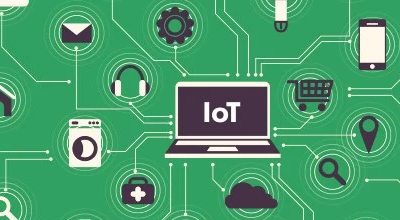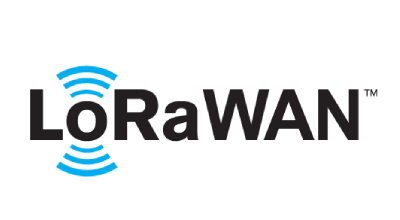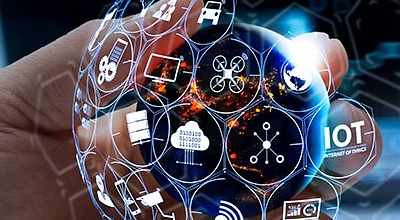
Revolutionize Your Energy Management with LoRaWAN Smart Metering Systems
Smart metering systems have become increasingly popular in recent years as a way to improve energy efficiency and reduce energy waste. One technology that has gained a lot of attention in the smart metering space is LoRaWAN (Long Range Wide Area Network), which is a low-power, wide-area networking protocol designed for the Internet of Things (IoT). In this article, we'll take a closer look at LoRaWAN and how it is being used in smart metering systems to transform the way we manage and consume energy.
What is LoRaWAN?
LoRaWAN is a communication protocol that operates in the unlicensed sub-gigahertz frequency bands. It was developed by the LoRa Alliance, a non-profit organization that promotes the use of the protocol in IoT applications. The main advantage of LoRaWAN is its ability to transmit data over long distances (up to 15km in urban environments and up to 40km in rural environments) using very low power levels. This makes it well-suited for applications where low-power, long-range communication is required, such as smart metering.
How does LoRaWAN work in smart metering systems?
Smart metering systems are used to monitor and control the use of energy in homes, buildings, and other facilities. They consist of smart meters, which are installed at the point of consumption (e.g., a home or business), and a central system that collects and processes the data from the meters.
LoRaWAN can be used to transmit data from the smart meters to the central system. The smart meters use sensors to measure the consumption of electricity, gas, water, or other utilities and send the data to the central system via the LoRaWAN network. The central system then processes the data and can use it to optimize energy use, identify inefficiencies, and detect and prevent energy waste.
Benefits of using LoRaWAN in smart metering systems
There are several advantages to using LoRaWAN in smart metering systems:
- Long range and low power consumption: As mentioned earlier, one of the main benefits of LoRaWAN is its ability to transmit data over long distances using low power levels. This makes it well-suited for smart metering applications, as it allows the meters to transmit data to the central system without requiring a lot of power. This is important because many smart meters are battery-powered and need to operate for long periods of time without needing to be replaced.
- Reliability: LoRaWAN is a reliable communication protocol that can operate in challenging environments, such as in buildings with thick walls or in areas with a lot of interference. This makes it well-suited for use in smart metering systems, which need to be able to transmit data consistently and accurately.
- Security: LoRaWAN has built-in security features that protect against unauthorized access and ensure the integrity of the data being transmitted. This is important in smart metering systems, where the data being transmitted includes sensitive information about energy consumption.
- Scalability: LoRaWAN networks can be easily expanded as needed, making it easy to add new smart meters or other devices to the system. This is important in smart metering systems, which may need to accommodate a large number of meters and devices.
- Cost-effectiveness: LoRaWAN is a cost-effective solution for smart metering systems, as it requires minimal infrastructure and has low operating costs. It also requires fewer gateways (devices that connect the network to the Internet) than other communication technologies, which helps to reduce the overall cost of the



